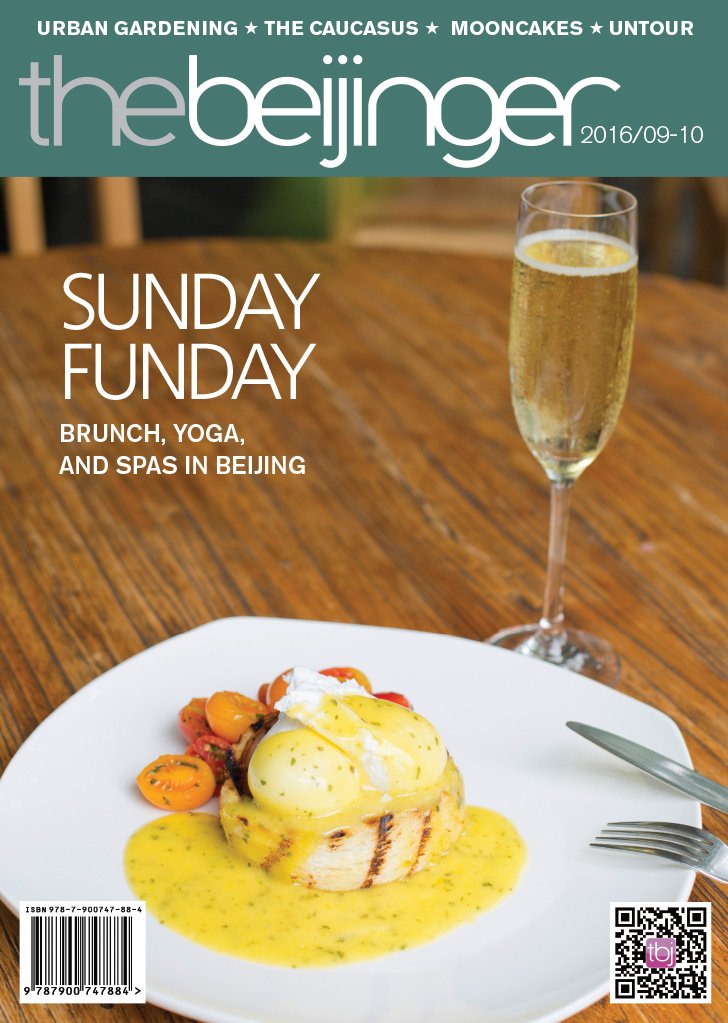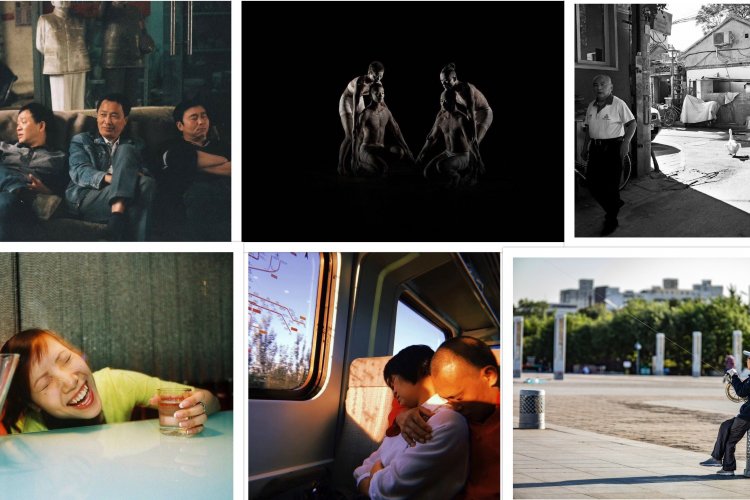From Stratford-upon-Avon to the Far East: Author Nancy Pellegrini's Talks Chinese Interpretations of Shakespeare, Oct 25
Many native English speakers struggle to understand Shakespeare, so how could the Bard's work ever catch on in the Middle Kingdom? Surprisingly enough, numerous Chinese students have been enamored with the beloved British scribe's plays over the years, through either strident studying of the texts' iambic pentameter or several creative Mandarin translations.
Nancy Pellegrini's new book, The People's Bard: How China Made Shakespeare its Own (out now on Penguin), delves deep into the history of Shakespeare's (figurative) journey from Stratford-upon-Avon to the Far East. The author and literary scholar tells us more below ahead of her book talk at Face Bar on October 25, 7pm.
Shakespearian plays seem worlds apart from anything in Chinese culture. What has made his work relatable for them?
Shakespeare was a legendary figure at a time when China was adopting Western culture, but besides that, many in China saw his depth and complex characters a welcome change from a literary tradition that prized flawless protagonists and happy endings – especially as the world around them grew increasingly complicated. In terms of tragedy, Chinese classic literature usually featured perfect characters such as honorable concubines or honest officials brought down by a rigid system. On the other hand, Shakespeare’s protagonists were high-born, powerful men with multi-faceted personalities who – to some extent – brought the tragedy on themselves. Shakespeare’s stories began growing popular in the early 20th century, at a time when China was suffering a dynastic collapse, foreign invasion, a civil war, and control by warlords. To many audiences, Shakespeare’s complexity seemed to better reflect the world around them, and this is still the case today, since, let’s face it, our world isn’t getting any simpler!
What inspired you to write this book?
Years ago, I had heard the story of Zhu Shenghao, a Chinese Shakespeare translator. On two separate occasions he had his work destroyed by the invading Japanese and had to begin again, and although he was destitute, he refused paying work because it would distract from his mission. Even when he was dying of tuberculosis, he refused medical attention, and kept working. I was intrigued, and had always wanted to write about him, and the Bard’s anniversary year seemed like a perfect time to explore this topic.
Has China developed some impressive avant-garde Shakespeare performances?
Legendary director Lin Zhaohua definitely leads the way in avant-garde Shakespeare, especially given that his 1990 Hamlet – where Claudius, Polonius and the title character continuously change roles throughout the performance – was done at a time when Shakespeare had to be authentic, or it wasn’t considered "real" Shakespeare. But overall, theatre practitioners I talked to felt that China’s avant-garde Shakespeare scene had a long way to go. Shakespeare is still comparatively new, and was even outlawed for an entire decade. This means that many directors and actors’ understanding of Shakespeare isn’t deep enough to be able to deconstruct or reimagine the text.
Having said that, the idea of adapting Shakespeare to Chinese opera has a lot of merit – done well, it could inject new blood into two ancient art forms. This can be dangerous, in that artists don’t want to cut too much from either genre, and right now this is more popular with foreign audiences at international festivals, who find these new versions exciting. By contrast, many Chinese audiences, may be more invested in seeing Chinese opera “done right”. But there have been some successful performances, and some creative interpretations, so this might be an avenue that bears fruit. At any rate, enthusiasm for Shakespeare just keeps growing, and the future will be exciting to watch.
The People's Bard: How China Made Shakespeare its Own is available on Amazon. Don't miss her book talk at Face Bar (26 Dongcaoyuan) on October 25 at 7pm. For more on that, click here.
This article first appeared in our magazine. To read the entire September/October issue online, please click here.

More stories by this author here.
Email: kylemullin@truerun.com
Twitter: @MulKyle
WeChat: 13263495040
Photos: Penguin







